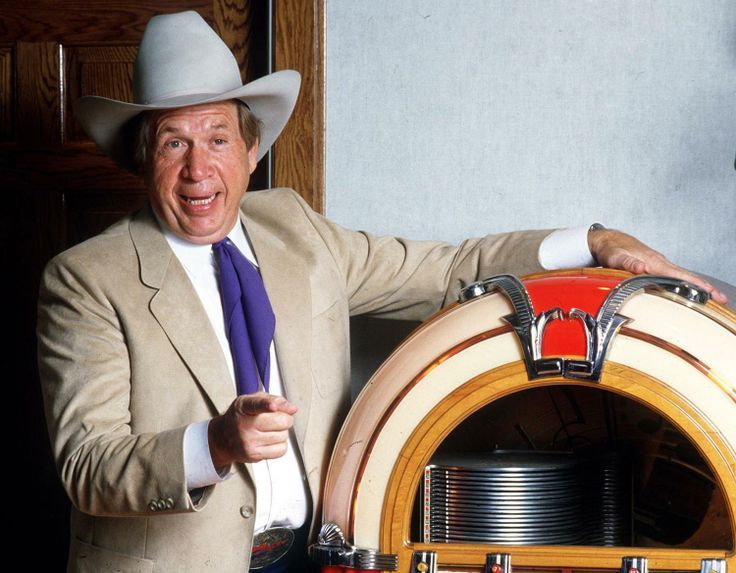
A haunted jukebox ballad that turns heartache into honky-tonk poetry.
When Buck Owens released “A-11” in 1964, it swiftly climbed the Billboard Hot Country Singles chart, peaking at No. 8 and solidifying Owens’ status as one of the architects of the Bakersfield Sound. Though not originally penned by Owens—Hank Cochran wrote the song—the track found its most enduring voice in Buck’s laconic, twang-inflected delivery on his album Together Again/My Heart Skips a Beat, a release that was itself a monumental testament to heartbreak and honky-tonk resilience. In a mere two minutes and eleven seconds, “A-11” managed to capture the stark emotional landscape of a man seeking solace—and perhaps forgetting—in the low-lit refuge of a barroom jukebox.
At its heart, “A-11” is a master class in emotional minimalism. There is no swelling orchestration here, no florid language; just a man, a jukebox, and the ghost of someone he can’t quite leave behind. The song opens with one of country music’s most iconic lines: “I don’t know you from Adam / But if you’re gonna play the jukebox / Please don’t play A-11.” With that simple request, a world of pain unfurls. The economy of language—so typical of Hank Cochran’s songwriting—finds perfect expression in Owens’ restrained yet resonant performance. Every note seems to hover between control and collapse, echoing the way grief often lingers just beneath composure.
Musically, “A-11” exemplifies the stripped-down aesthetic of Bakersfield country—a genre Owens helped pioneer as an alternative to Nashville’s increasingly polished production. Here, we hear the rawness of telecaster twang, pedal steel sobs, and a rhythm section that plods like a weary heartbeat. Unlike the lush strings and background choruses that were dominating country radio at the time, Owens’ arrangement lets silence do part of the talking; it’s in those pauses between lines that the song breathes—and bleeds.
The narrative unfolds not through dramatic revelation but through omission. We never learn what song A-11 is—we’re left only with its emotional impact on the narrator. That absence becomes its own kind of presence, as potent as any lyric could be. In this way, “A-11” becomes less about a specific heartbreak and more about heartbreak itself—the universal ache lodged deep in human memory. It’s about how certain songs become triggers for everything we’ve tried to bury.
And therein lies its genius. Like all great country songs, “A-11” doesn’t shout its pain; it murmurs it across beer-soaked bar tops and cigarette haze. It’s a song for anyone who’s ever walked into a bar hoping for anonymity but found themselves undone by melody and memory instead.
Though others have recorded it—most notably Johnny Paycheck—it is Buck Owens’ rendition that remains definitive. His voice doesn’t break; it bends. And in that subtle bending lies the full weight of sorrow—the kind that can be summoned by nothing more than pressing “play” on A-11.